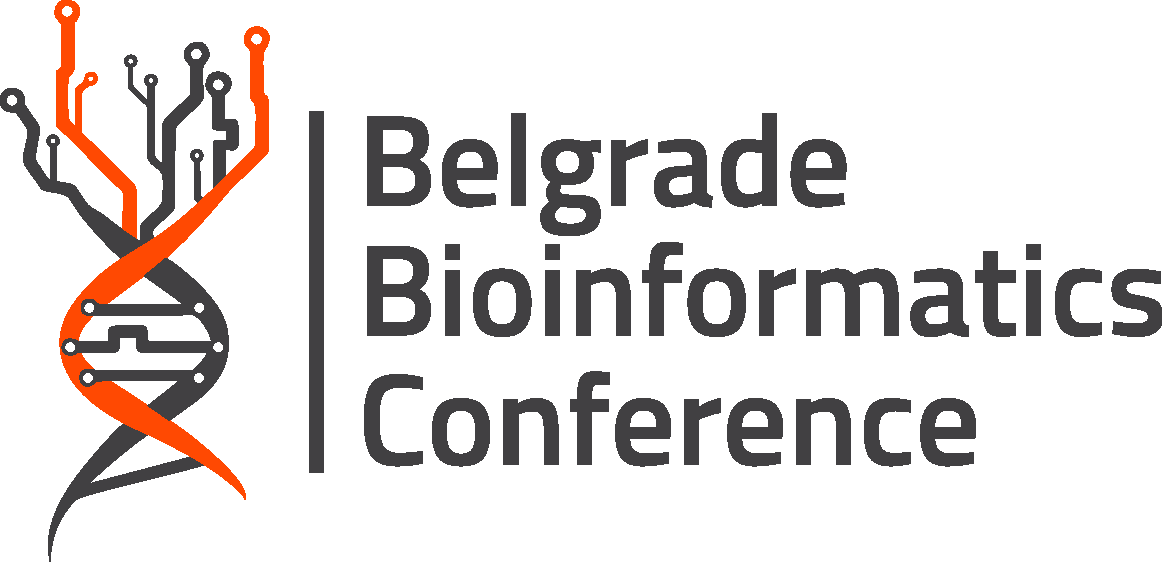Evgeniia M. Maksiutenko*, Yury A. Barbitoff, Yulia A Nasykhova and Andrey S. Glotov
Dpt. of Genomic Medicine, D.O. Ott Research Institute of Obstetrics, Gynaecology, and Reproductology, St. Petersburg, Russia
evgeniia_maksiutenko [at] mail.ru
Abstract
Miscarriage is the most frequent complication of a pregnancy which is devastating for affected families and poses a significant challenge for the health care system. Genetic factors are known to play an important role in the etiology of pregnancy loss; however, despite advances in diagnostics, the causes remain unexplained in more than 30% of cases.
In this work, we aggregated the results of the decade-long studies into the genetic risk factors of sporadic spontaneous abortion and recurrent pregnancy loss (RPL) in euploid pregnancies, focusing on the spectrum of causal point mutations in the fetal genome. A total of 270 genetic variants in 196 unique genes were identified across 31 studies, with the majority of these variants associated with non-recurrent miscarriage. We next aimed to reveal the common properties of the identified genes involved in pregnancy loss. Such an analysis showed that they correspond to broadly expressed, highly evolutionary conserved genes involved in crucial cell differentiation and developmental processes and related signaling pathways. Given these features of known genes, we made an effort to construct a list of 186 candidate genes, variants in which may be expected to contribute to pregnancy loss. We subsequently expanded this work and compiled a database which includes all short genetic variants reported as associated with pregnancy loss. To date, the database includes 479 genetic variants observed in 374 cases, including both euploid fetuses and couples experienced recurrent pregnancy loss.
Taken together, our work summarizes the knowledge about specific genes that contribute to pregnancy loss, and could be of importance in designing a diagnostic sequencing panel for patients and prediction of pregnancy loss risk in couples.
Keywords: pregnancy loss, pathogenic genetic variant, miscarriage, recurrent pregnancy loss
Acknowledgement: This work was supported by the Ministry of Science and Higher Education of Russian Federation (project “Multicenter research bioresource collection “Human Reproductive Health”” contract No. 075-15-2021-1058 from 28 September 2021).

